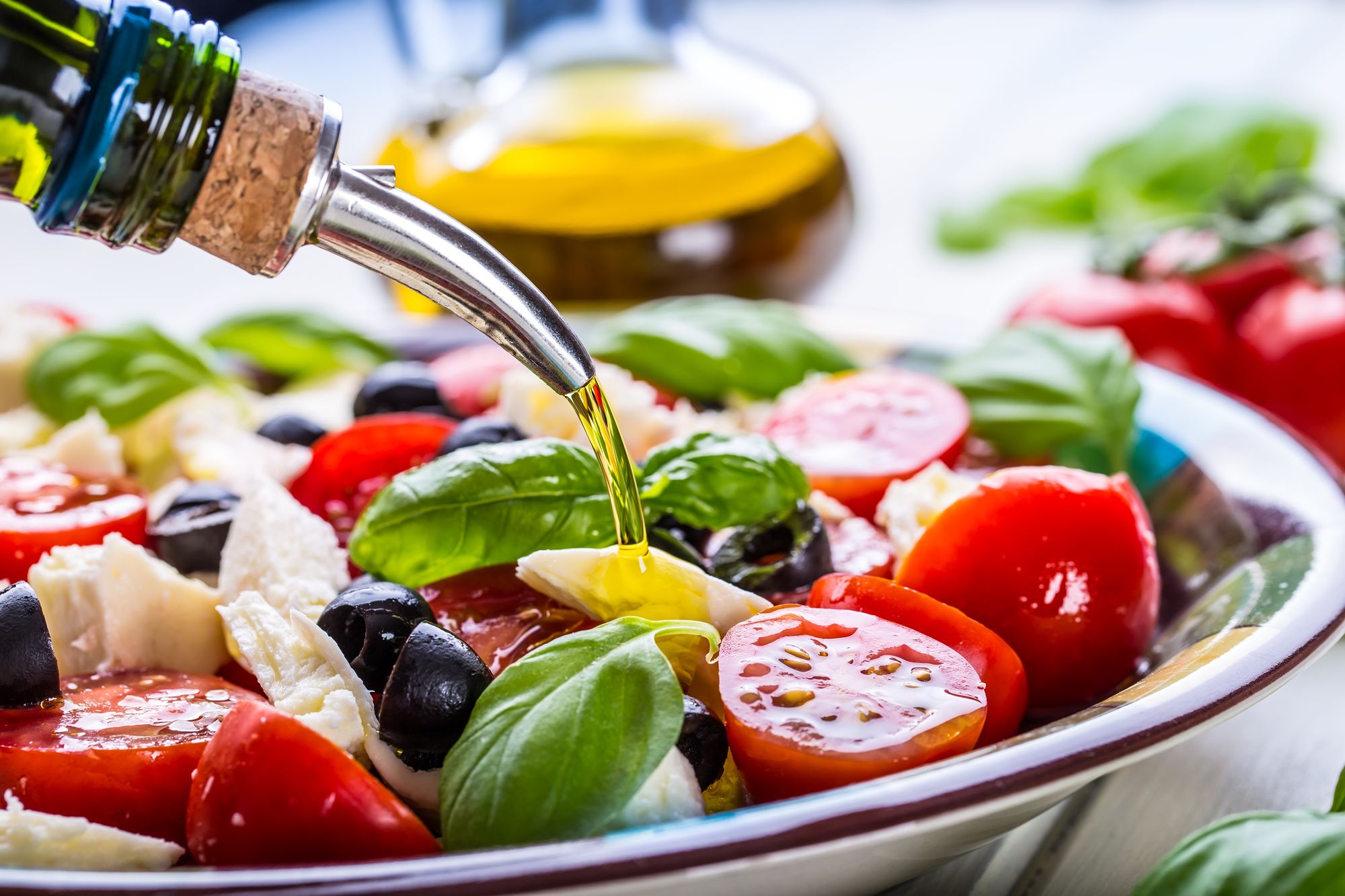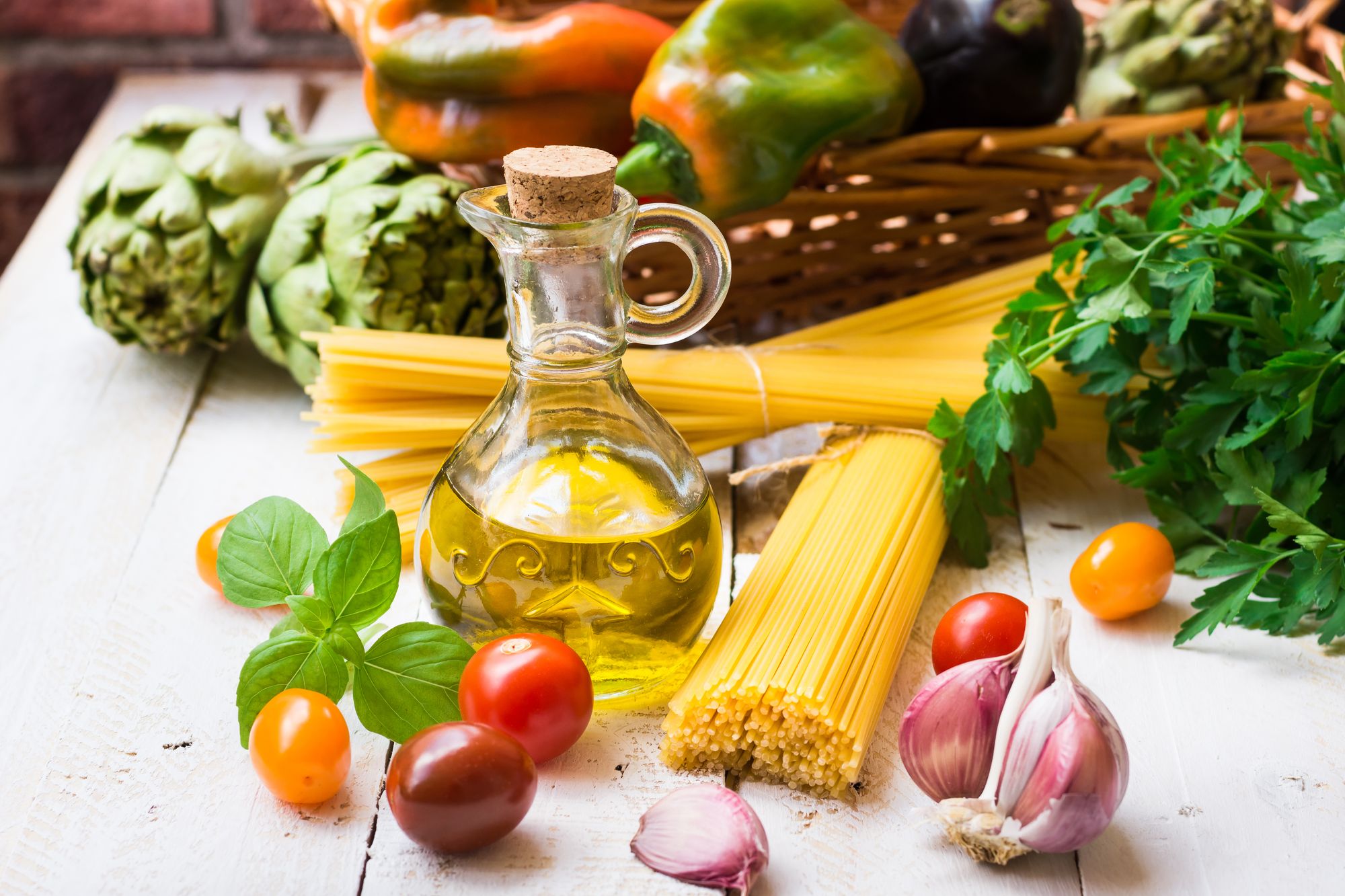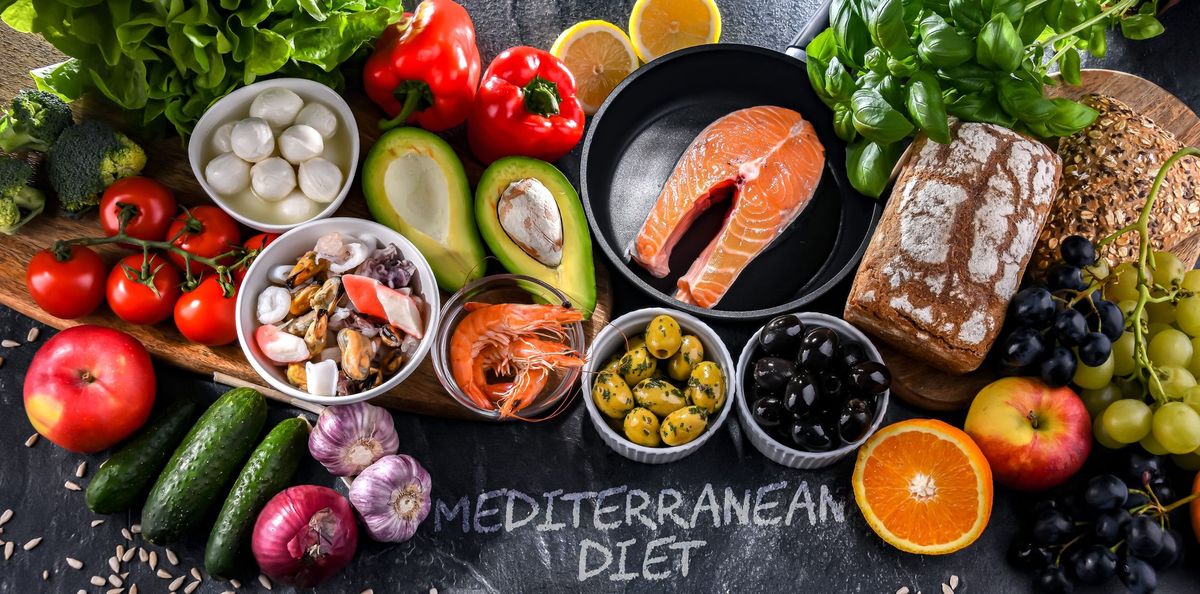If you've ever been curious about the buzz and health advantages linked to the Mediterranean diet, your search ends here. We've consulted with an expert and conducted thorough research to provide you with the insights you need to contemplate embracing this year's top weight-loss regimen.
While many dismiss the concept of dieting, the Mediterranean diet proves to be both delectable and healthful. Bursting with whole grains, fresh fish, vegetables, nuts, and fruits, this eating plan minimizes red meat while entirely excluding added sugars and refined foods. The Mediterranean diet encapsulates a truly nourishing approach to both nourishment and lifestyle. For those who've previously adhered to rigorous diets necessitating calorie, carbohydrate, and meal tracking, this promises a revitalizing shift. And the most exciting aspect? Embracing the Mediterranean diet can mitigate the risk of numerous chronic ailments (including type-2 diabetes, certain cancers, and heart disease)—all while aiding in weight management! It marks a comprehensive rejuvenation of one's lifestyle. So, delve further into the article to enrich your understanding of the Mediterranean Diet.
Exploring the Mediterranean Diet: A Spotlight on Nutrient-Rich Foods

We engaged in a conversation with Lisa Young, Ph.D., RDN, a nutritionist in private practice, acclaimed author of "Finally Full, Finally Slim," and a distinguished member of our Medical Expert Board. Through her insights, we're able to delineate a more precise understanding of the Mediterranean Diet (MedDiet) and its fundamental principles. Young elucidates, "The core of the Mediterranean diet revolves around whole, minimally processed foods. It encompasses a rich array of vegetables, whole grains, fruits, legumes, and beneficial fats. Red meat consumption is moderated, making way for fish, a source of omega-3 fatty acids, occasional poultry, and unprocessed dairy products like yogurt and cheese. Olive oil takes the forefront as the primary fat source, accompanied by an assortment of herbs and spices to enhance flavor."
At its essence, the diet spotlights your holistic eating patterns, emphasizing the inclusion of fresh, seasonal ingredients, rather than prescribing a stringent routine. In essence, it presents a remarkably adaptable yet profoundly health-conscious approach to dietary practices.
Essential Elements of the Mediterranean Diet: Your Food Guide

Selecting the right items for your grocery list forms a crucial foundation for the Mediterranean diet, focusing on plant-based foods, beneficial fats, specific dairy choices, poultry, and seafood. While moderate wine consumption is permissible, it's important to maintain restraint. As you plan your next shopping trip, prioritize these key components:
- Assortment of Fruits
- Diverse Array of Vegetables
- Nutrient-rich Legumes
- Wholesome Eggs
- Nourishing Whole Grains
- Lean Poultry
- Flavorful Fish
- Nutty Delights
- Healthful Olive Oil
- Yogurt for Balance
- Select Cheese Varieties
What to Steer Clear Of
Just as with any dietary regimen, there are specific foods that are advisable to avoid within the Mediterranean diet framework. These encompass:
- Processed Oils
- Excessive Sodium Intake
- Saturated Fats
- High-Sugar Offerings
- Overindulgence in Red Meat
The Health Advantages of Embracing the Mediterranean Diet

While many embark on diets primarily to shed excess weight, the manifold health benefits that come from adopting the Mediterranean diet extend far beyond just weight loss.
This dietary approach is closely linked to a reduced risk of developing heart disease, the leading cause of mortality among both women and men, as highlighted by the Centers for Disease Control and Prevention (CDC). Moreover, scientific investigations have substantiated the fact that adhering to the Mediterranean diet can diminish the likelihood of experiencing a stroke.
For those contemplating pregnancy, consulting a healthcare professional before making any decisions is crucial. However, the Mediterranean diet could potentially be a wise choice. It has been suggested that the MedDiet can enhance fertility and serve as a highly nutritious dietary pattern during pregnancy.
Most notably, a comprehensive study published in JAMA Internal Medicine reveals that the Mediterranean diet is associated with increased longevity. The research underscores that individuals adhering to the Mediterranean diet are less prone to premature death resulting from cancer, cardiovascular disease, and all other causes.
Exploring the Relationship Between the Mediterranean Diet and Weight Loss

According to Young, the Mediterranean diet can prove to be remarkably effective in facilitating weight loss. She emphasizes, "By centering on whole and minimally processed foods that are rich in nutrients, this diet enhances satiety and curtails overall calorie consumption. Its emphasis on fiber-rich foods contributes to prolonged feelings of fullness, aiding in maintaining a healthy weight and preventing overindulgence. Furthermore, the diet's incorporation of healthy fats restricts saturated and trans fats, thereby promoting cardiovascular well-being." Additionally, the diet's inclusion of mineral-, vitamin-, antioxidant-, and fiber-rich foods reduces inflammation, pivotal for overall health.
Navigating Dining Out

Dining out during a diet can often pose challenges. However, the Mediterranean diet offers valuable insights for these situations. Even at popular restaurant chains, there are options catering to diverse palates. For instance, at Panera Bread, the Greek Salad, brimming with fresh ingredients like kalamata olives, romaine lettuce, and pepperoncini, contains just 400 calories. Salmon enthusiasts can savor the Grilled Salmon at Applebee's, a mere 260 calories, or opt for the Glaze-Dragon Salmon at TGI Fridays, complete with jasmine rice and vegetables. Chicken aficionados can relish the String Bean Chicken Breast at Panda Express, a modest 190 calories.
Initiating a diet can be the most daunting phase. However, once a sustainable plan is chosen, consistency becomes pivotal. The Mediterranean diet's popularity stems from its inclusivity of everyday foods, rendering it an eminently sustainable lifestyle choice.

